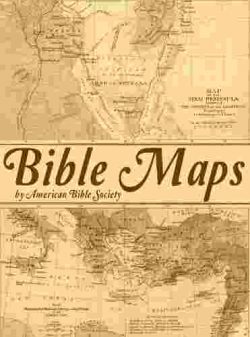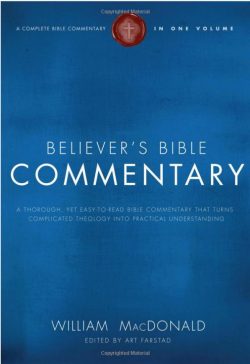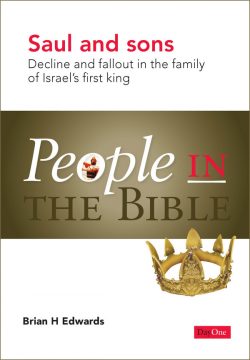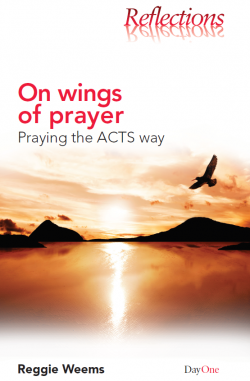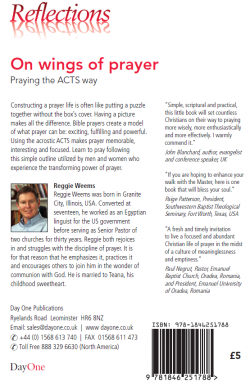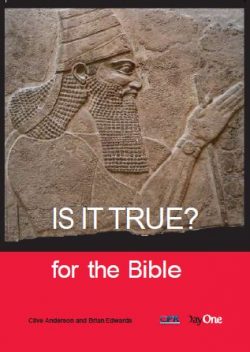This work is an excellent theology on prayer, what the Bible teaches about prayer. Constable goes through various areas of Prayer presented in Scripture and reasoned among men.
Excerpts
Christians have a special interest in prayer. We believe it is a way to contact the true God who has revealed Himself in love and who has spoken to us already in His Word, the Bible. The two biblical characters who had most to say on the subject of prayer were Jesus Christ and the Apostle Paul, the two foremost Christian leaders…
Generally speaking the Old Testament contains more information about prayer, and the New Testament stresses the importance of prayer. The Bible presents God as a person who has communicated with us and who invites us to communicate with Him. Since God is the sovereign Creator and we are finite creatures, we need to know what He has revealed about how we can and should communicate with Him. The Christian’s relationship to his or her heavenly Father is by definition the most important one that we enjoy. Therefore it is essential that we know how to communicate with God acceptably and effectively…
Essentially prayer is talking to God. It is expressing our thoughts and feelings to deity…
Watching
Watching is a practice associated with prayer in the Bible that is very similar to fasting. Watching describes keeping awake or alert. Fasting involves going without food to concentrate on praying. Watching means going with sleep to do so.
The New Testament describes watchfulness in three different relationships to prayer. First, Jesus Christ commanded Peter, James, and John to watch and pray (Matt. 26:38-39). He meant that He wanted them to stay awake and pray. He explained that by doing so they could avoid entering into temptation that they would experience if they failed to pray (Matt. 26:40-42). In this sense watching involves a battle. The believer’s human spirit wants to continue praying, because he recognizes a need for divine grace, but the flesh longs to indulge itself in sleep.
Second, Christians should watch (be on the alert) that we do not carelessly neglect prayer but faithfully persist in it (Eph. 6:18). This is slightly different from the former responsibility. It is not so much failing to continue praying as it is failing to pray at all because we see no need for it that is in view here. Jesus reminded His disciples that persistence in prayer often results in answers to prayer that would not be forthcoming otherwise (Luke 21:36). Paul stayed up late at night praying because he believed that doing so would bring God’s blessing on the people for whom he prayed (2 Cor. 6:5; cf. James 4:2).
Third, we read that we should add watchfulness to our prayers, as an essential ingredient in a recipe. Along with praying…
Contents
What is Prayer? – Sample chapter Ch. 1
A Prayer Tool Kit
– Questioning God
– Asking for Ourselves
– Asking for Others
– Conversing with God
– “I Confess”
– Praising the Lord
– Giving Thanks in Everything
– Complaining to God
The Place of Prayer in Christianity
– Counterfeit Prayers
– Wishing
– Glorying
– Woes
– Swearing
– Prayer’s frequent Companions
– Sacrificing
– Burning Incense
– Pouring Water
– Casting Lots
– Imposing Hands
– Dedicating
– Repenting
– Fasting
– Watching
– Reading Scripture
– Singing
– Practices that include Prayer
– Worshipping
– Vowing
– Requesting Signs
The Progressive Revelation of Prayer
– Prayer in Early Human History
– Prayer in Israel before the Monarchy
– Prayer during the Monarchy
– Prayer in the Exilic and Postexilic Period
– Prayer during the Life of Christ
– Prayer in the Church
– The Lord’s Prayer
– The Teaching about God’s Desire to Bless
– Jesus’ Encouragement to Pray
– Jesus’ Teaching about Humility
– The Upper Room Discourse
– Jesus’ High Priestly Prayer
– Other Instruction about Prayer from Jesus
– Prayer in the Church
– Luke
– Paul
– The Writer of Hebrews
– James
– Peter
– John
– Jude
– Prayer in the Future
– Summary
Theological Difficulties
– What the Bible says about Man and Prayer
– Prayer and Human Sinfulness
– Intercession and Human Freedom
– What the Bible says about God and Prayer
– The Love of God and Petitions
– God’s Immutability and Asking
-Divine Omniscience and Prayer
– What the Bible says about God’s control of Human Events
Unanswered Prayer
– Improper Attitudes
– Improper Actions
– God’s Viewpoint
– Conditions for Answered Prayer
Select Bibliography
About the author
Dr. Thomas L. Constable is Senior Professor of Bible Exposition at Dallas Theological Seminary in Dallas, Texas. Dr. Constable earned his B.A. at Moody Bible Institute, 1960; Wheaton College, 1962; Th.M., Dallas Theological Seminary, 1966; Th.D., 1969.
Dr. Constable is the founder of Dallas Seminary’s Field Education department (1970) and the Center for Biblical Studies (1973), both of which he directed for many years before assuming other responsibilities. Today Dr. Constable maintains an active academic, pulpit supply, and conference-speaking ministry around the world. He has ministered in nearly three dozen countries and written commentaries on every book of the Bible. Dr. Constable also founded a church, pastored it for 12 years, and has served as one of its elders for over 30 years.

